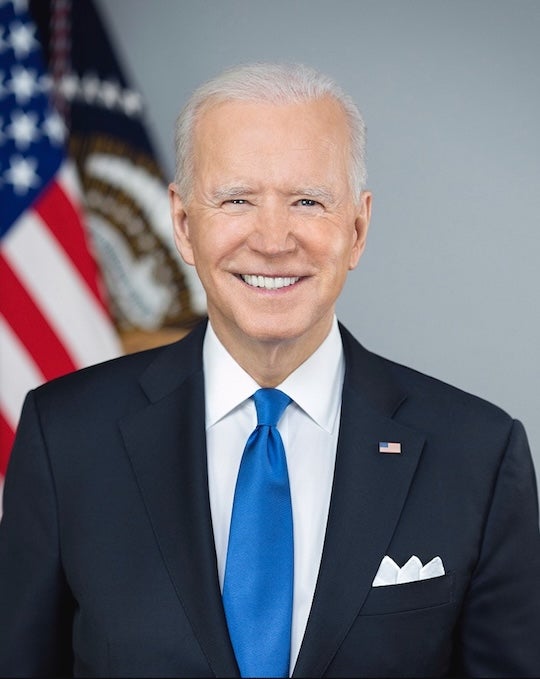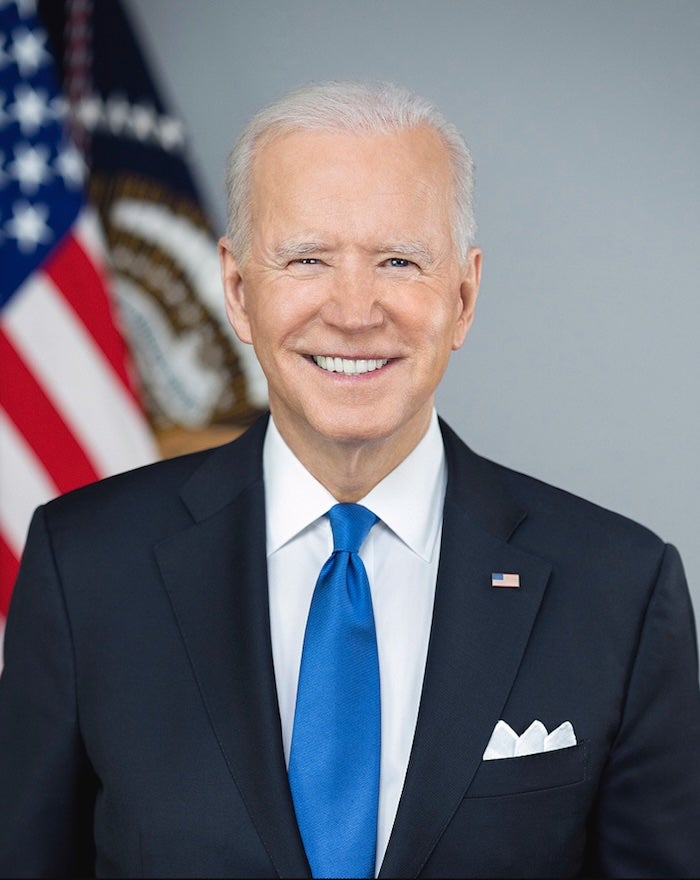As questions arise about former President Joe Biden’s health following reports of an advanced metastatic prostate cancer diagnosis, Rice University experts are available to provide insight on a range of related topics, including cutting-edge cancer therapies and the biology of tumor metastasis to the psychological toll of stress on aging leaders and the broader political implications during an election year.

Political context and analysis
Mark Jones
Professor of political science and fellow at Rice’s Baker Institute for Public Policy
Jones co-directs the Presidential Elections Program at Rice’s Baker Institute for Public Policy. He can provide political analysis of the implications surrounding Biden’s health in the context of the 2024 presidential election, offering insights into electoral dynamics, governance and public perception.
Cancer therapies and biomedical innovations
Naomi Halas
University Professor and Stanley C. Moore Professor of Electrical and Computer Engineering
Halas is a pioneer in nanomedicine and the inventor of photothermal nanoshell therapy, a treatment that uses biocompatible gold nanoparticles activated by near-infrared light to ablate tumors without invasive surgery. This technology, developed by Nanospectra Biosciences — a company she co-founded — is currently in clinical trials for prostate cancer and under FDA review. Halas is available to discuss the trajectory of nanoparticle-based cancer therapies and their clinical potential. She was recently named a recipient of the Benjamin Franklin Medal in Chemistry.
Michael R. King
E.D. Butcher Chair of Bioengineering, special adviser to the provost on life sciences collaborations with the Texas Medical Center and associate vice president for research, physical and life sciences and engineering
King is a national leader in biomedical engineering whose lab studies how circulating tumor cells behave under mechanical forces like blood flow. His research explores noninvasive therapy methods that combine fluid shear stress with immune-stimulating drugs to kill cancer cells in circulation — an approach with implications for limiting the spread of prostate cancer. King also investigates how immune cells can be activated under shear stress conditions, potentially opening new frontiers in cancer immunotherapy.
Han Xiao
Associate professor of chemistry, biosciences and bioengineering and director of Rice’s SynthX Center
Xiao’s lab develops innovative therapies for metastatic cancer with a focus on bone metastases — common in breast and prostate cancers. Nearly half of initial metastases occur in bone, and about 80% of prostate cancer metastases are confined there. Traditional and emerging therapies have shown limited success in these cases.
Xiao’s team pioneered BonTarg, the first bone-targeted platform for delivering therapeutic antibodies directly to bone cancer sites, helping delay colonization and prevent further spread. This work led to the 2022 launch of Osteologic Therapeutics to advance the technology into clinical trials. His lab also studies glyco-immune checkpoint inhibitors. They recently identified Siglec-15, a sugar-binding protein, as a key driver of immune evasion in bone metastases.
Health psychology and stress in leadership
Christopher Fagundes
Professor of psychological sciences and director of Rice’s Institute of Health Resilience and Innovation
Fagundes explores how stress impacts cellular health with research applicable to high-stress roles like political leadership. He studies trauma, loss and caregiving with implications for understanding the psychological and physiological toll on aging individuals.
To schedule an interview with Rice’s experts, contact media relations specialists Silvia Cernea Clark at Silvia.Cernea.Clark@rice.edu or Kat Cosley Trigg at Kat.Cosley.Trigg@rice.edu or Marcy de Luna, senior national media relations specialist, at marcy.deluna@rice.edu.
You can find all of Rice’s expert alerts online.

